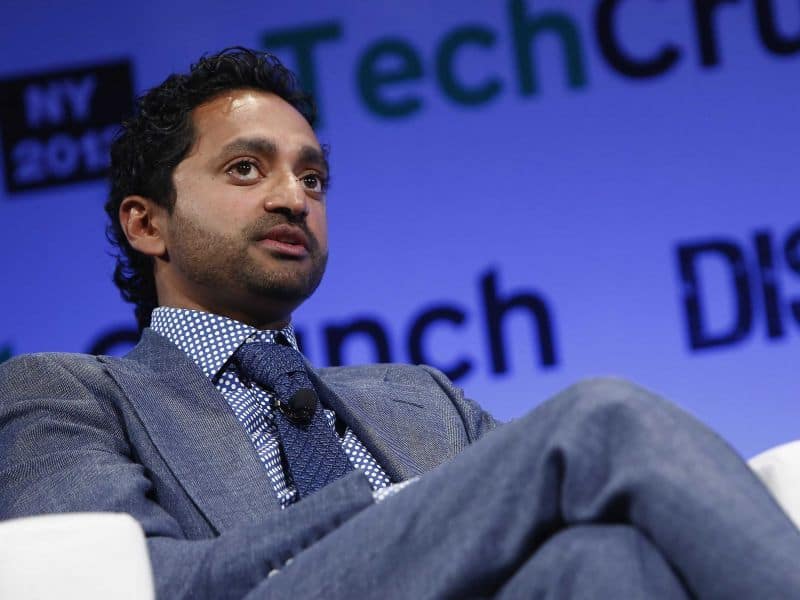San Francisco: The impact of social media on our daily life’s, societies increasing need to stay tuned 24/7, younger generation’s addiction to social media, rising health issues, who might have thought about all these underlying consequences waiting patiently ahead of these technologies.
Last month in November, Sean Parker Facebook’s first president had spoken about his regrets for his role in creating Facebook. He said, “I don’t know if I really understood the consequences of what I was saying, because of the unintended consequences of a network when it grows to a billion or 2 billion people and it literally changes your relationship with society, with each other” and,
“God only knows what it’s doing to our children’s brains.”
Now, this revelation seems quite surprising to come from the makers of the social media, while Chamath Palihapitiya, former vice president of user growth, who had previously worked at Facebook from 2005 to 2011, has also opened up at a recent public discussion at the Stanford Graduate School of Business.
While addressing the audience, he said, “I think we have created tools that are ripping apart the social fabric of how society works.”
Earlier it was Sean Parker who had told that that social media creates “a social-validation feedback loop” by giving people “a little dopamine hit every once in a while, because someone liked or commented on a photo or a post or whatever.”
And now just days after Parker gave his statement, Palihapitiya, while addressing the Stanford audience, said, “The short-term, dopamine-driven feedback loops we’ve created are destroying how society works”.
“No civil discourse, no cooperation; misinformation, mistruth. And it’s not an American problem—this is not about Russians ads. This is a global problem.”
When Palihapitiya was asked if he is into any sort of soul searching for what the social media creators have done he responded by saying: “I feel tremendous guilt. I think we all knew in the back of our minds—even though we feigned this whole line of, like, there probably aren’t any bad unintended consequences. I think in the back, deep, deep recesses of, we kind of knew something bad could happen. But I think the way we defined it was not like this.”
He further went on explaining what exactly “this” is and said that, So we are in a really bad state of affairs right now, in my opinion. It is eroding the core foundation of how people behave by and between each other. And I don’t have a good solution. My solution is I just don’t use these tools anymore. I haven’t for years, reports Gizmodo.
He also said that he refrains himself and his kids from using the social media by responding that he “innately didn’t want to get programmed,” and the kids? “They’re not allowed to use this shit.”
He further explained that, “Your behaviors—you don’t realize it but you are being programmed. It was unintentional, but now you gotta decide how much you are willing to give up, how much of your intellectual independence.”
“And don’t think, ‘Oh yeah, not me, I’m fucking genius, I’m at Stanford.’ You’re probably the most likely to fucking fall for it. ‘Cause you are fucking check-boxing your whole Goddamn life.”

